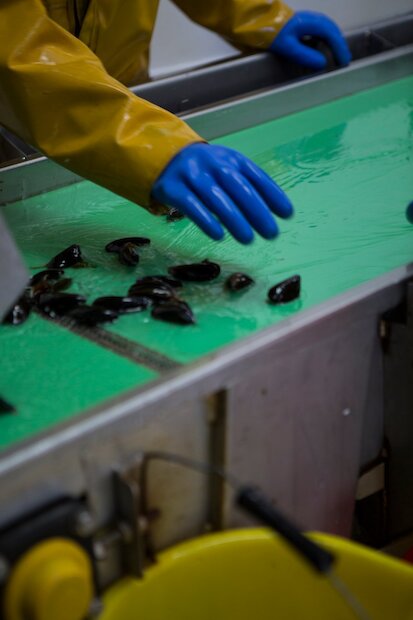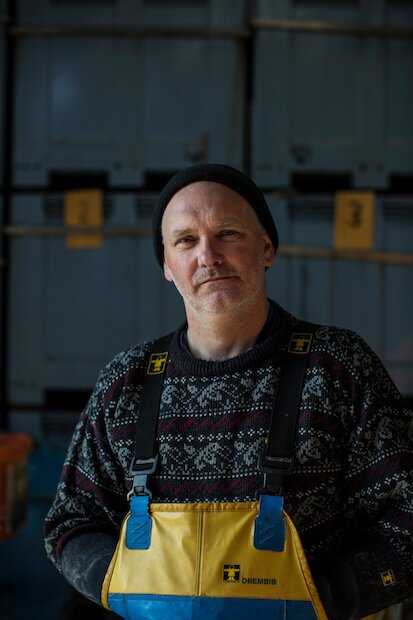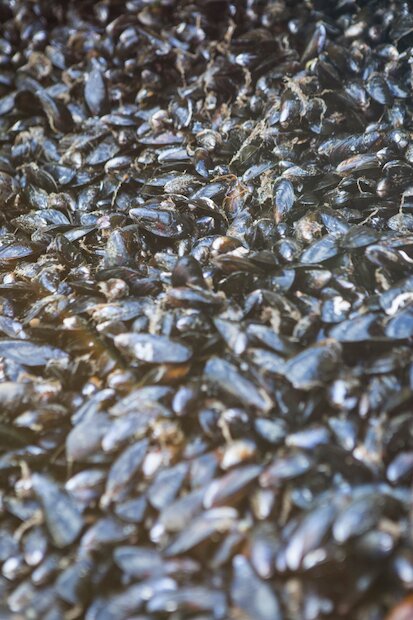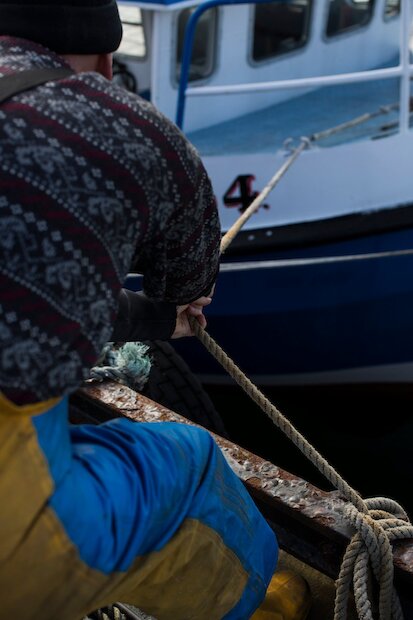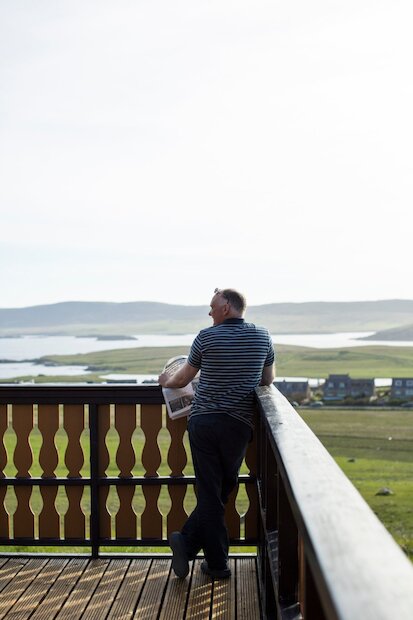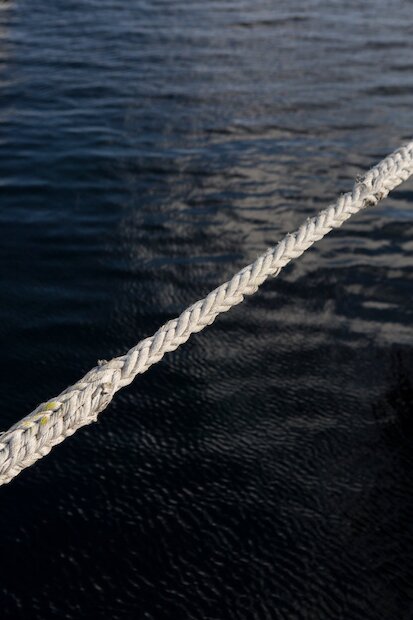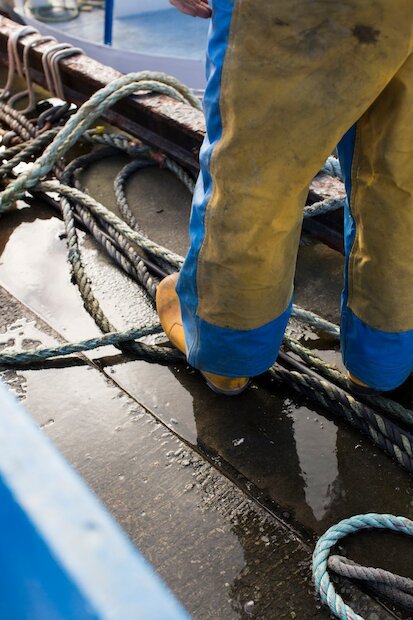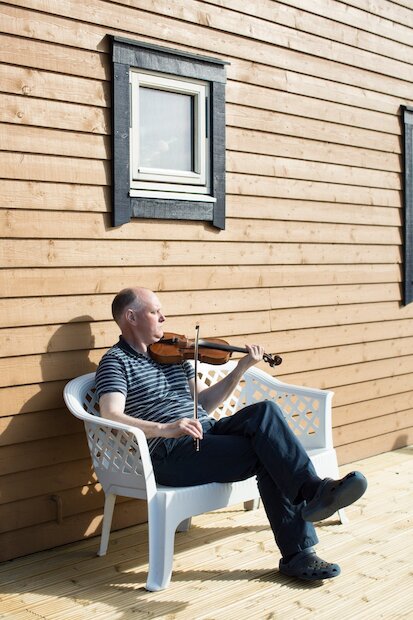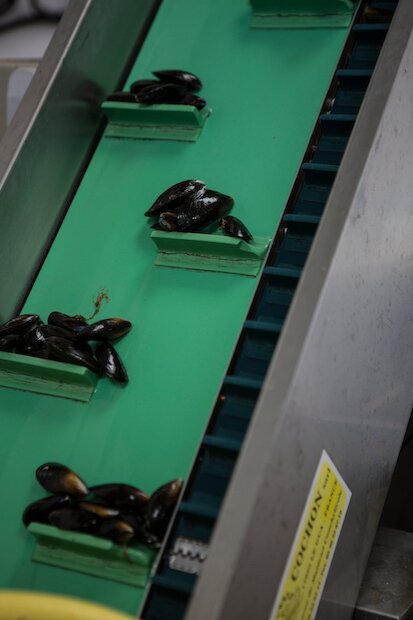NB: This article was written in 2018, and some details have changed.
If you’re a mussel, there are few better places to live than Shetland. In the clean, chilly North Sea, the plankton is plentiful, while the stress and pollution are minimal. The same might be said of Christopher Thomason, a mussel farmer who lives in the beautiful little village of Cullivoe, towards the northern tip of Yell, Shetland’s second biggest island.
After a cup of tea on his terrace — which overlooks the village across the Bluemull Sound to the neighbouring island of Unst — Christopher’s morning commute is a four-minute drive through the village and down the road to the Cullivoe pier, during which he’ll likely pass more seals and Shetland ponies than people. Then, he’ll don his overalls and, with his small team, start processing Europe’s freshest, tastiest mussels. No stress. No drama.
Chris was born and bred in this little place, known across the island for its strong sense of community, and its epic feats of boozing around Hogmanay and the Up Helly Aa viking festival. He spent 16 years as a fisherman, part-owning a trawler, but when he got married and had kids just under 20 years ago, he spied an opportunity in Shetland’s nascent aquaculture industry.
